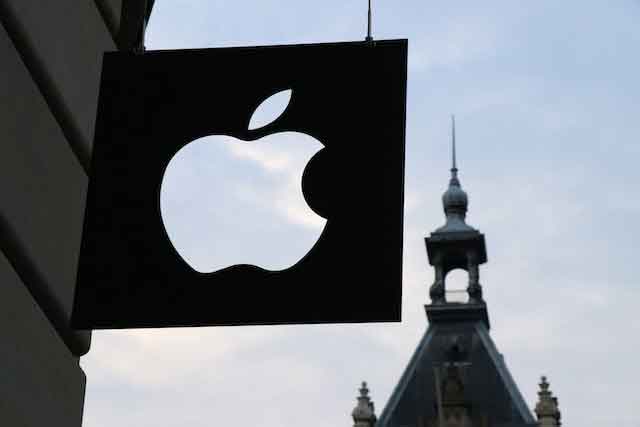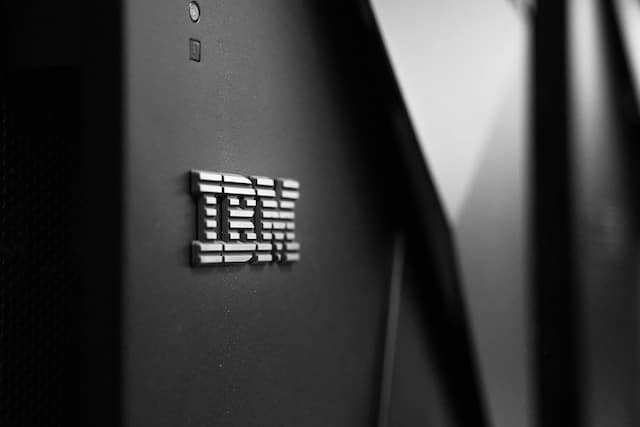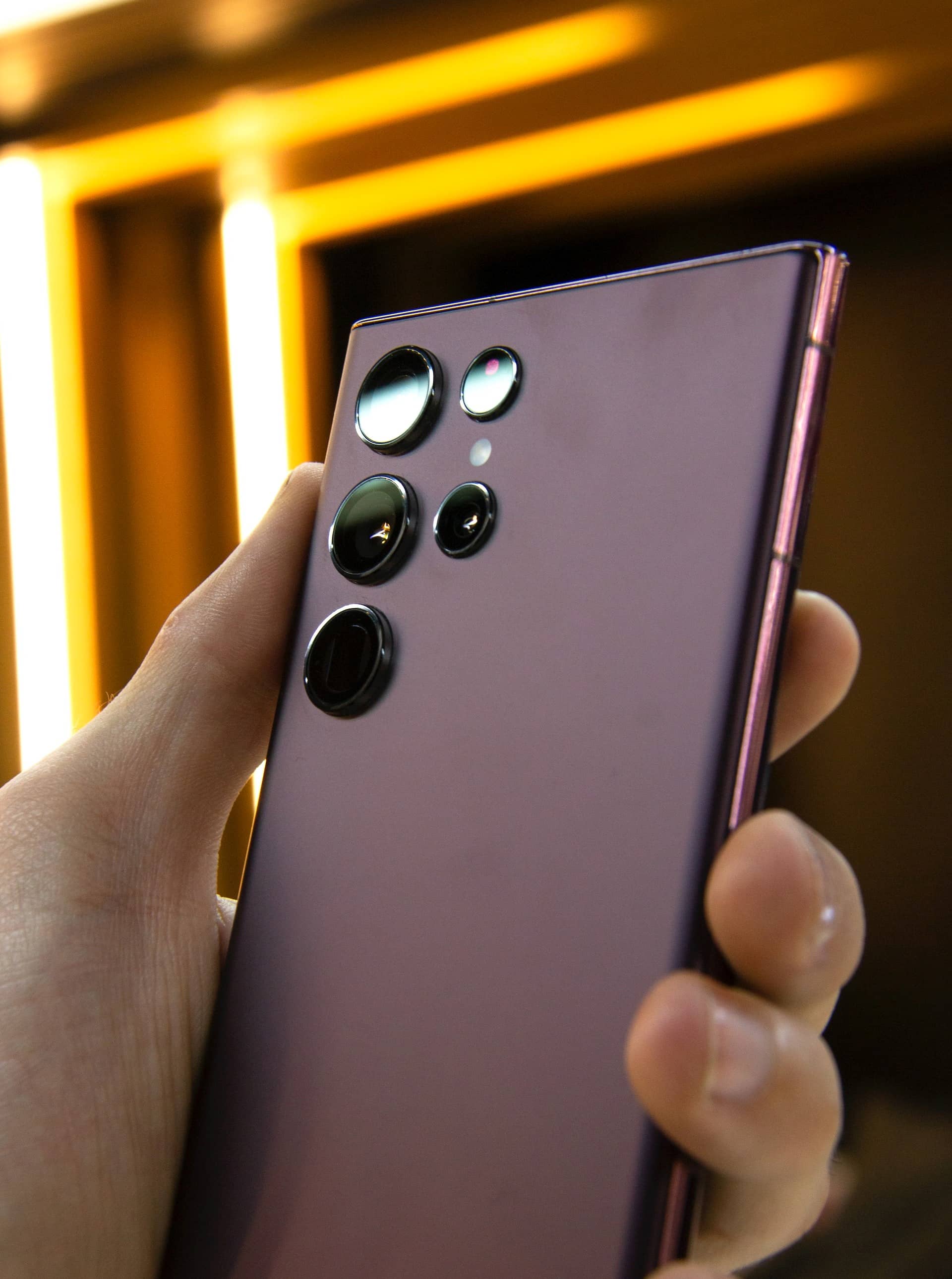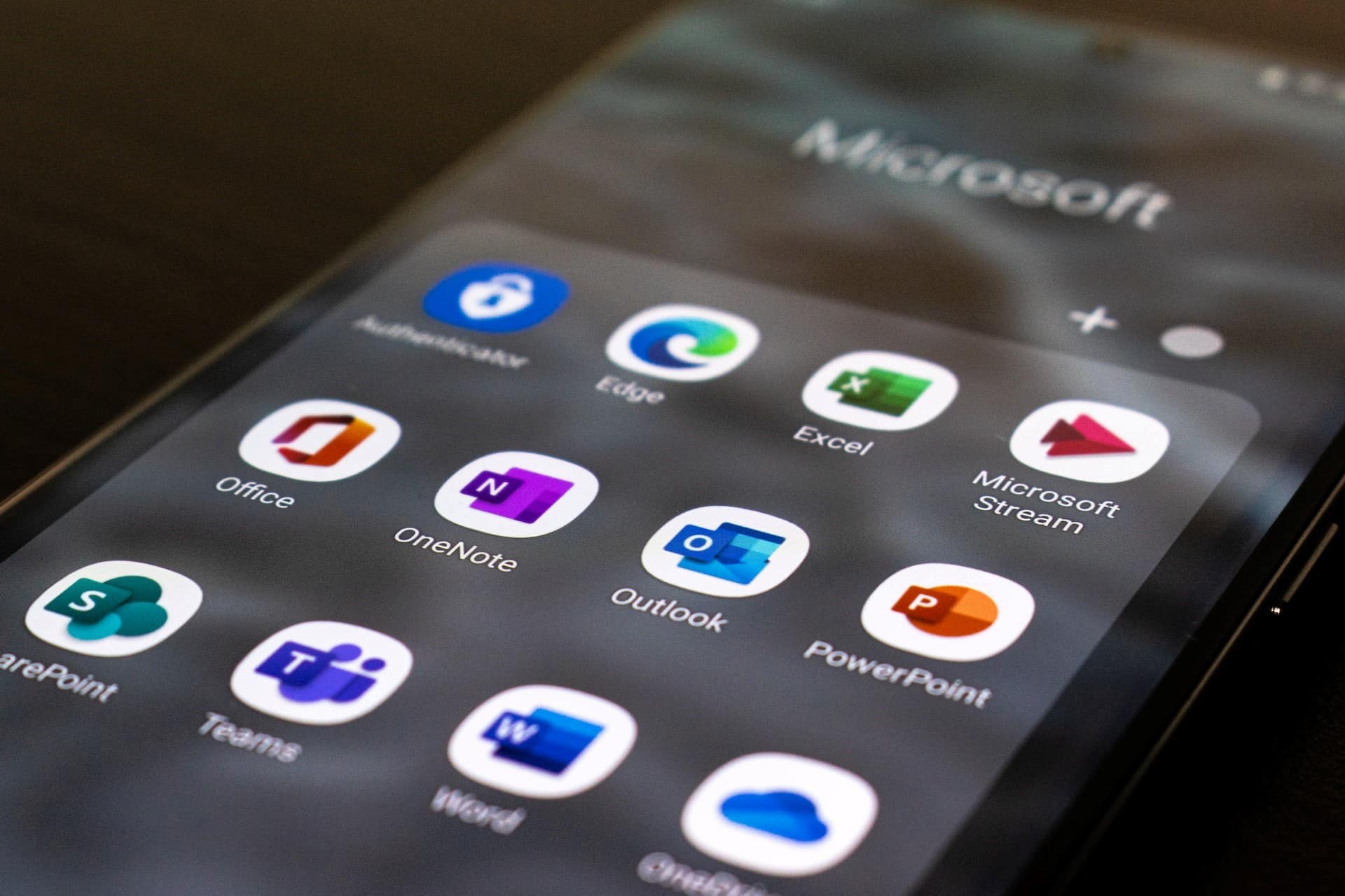Qualcomm is a mobile technology firm based in San Diego, California, which offers chips, semiconductors, software, and services. Irwin Jacobs, Andrew Viterbi, Franklin Antonio, Adelia Coffman, Andrew Cohen, Klein Gilhousen, and Harvey White founded it in 1985.
In 1991, Qualcomm went public in a $68 million IPO and invested the funds in CDMA research. The company raised $486 million in 1995 to mass-produce CDMA-based phones, base stations, and equipment.
As of Sep 2022, Qualcomm employed 51,000 workers in 150 locations worldwide, but the mobile tech firm trimmed 153 jobs in Dec 2022 and laid off 79 employees from its headquarters in Feb 2023. [1]
Qualcomm started as a contract R&D center for government and defense projects. However, the company expanded its offering through acquisitions, including server CPU startup NUVIA in 2021, Arriver in Mar 2022, and Cellwize in Jun 2022. The firm owns 5G, 4G, CDMA2000, TD-SCDMA, and WCDMA mobile communications patents. Its integrated circuits and software power most Android consumer electronics.
In Mar 2023, Qualcomm revealed that the new Nothing Phone 2 would use its Snapdragon 8 Plus Gen 1 SoC chipset. However, the company faces stiff competition from Intel, Nvidia, AMD, TSMC, Apple, Samsung, Broadcom, and IBM. [2]
Here is an in-depth analysis of Qualcomm’s top competitors and alternatives:
1. Intel
Year founded: 1968
Headquarter: Santa Clara, California
Intel is a leading semiconductor chip manufacturer and the top revenue producer in the industry. The company operates most foundries in the US to make silicon wafers. In 2022, Intel had 132,000 employees.
Intel powers more PCs than other chipmakers on the market. The company recently launched Intel Foundry Services to enter the foundry business and attract more clients. In 2022, Intel released its 10nm chip to become the third most advanced chip producer and is the top Qualcomm competitor and alternative. [3]
2. Nvidia
Year founded: 1993
Headquarter: Santa Clara, California
Nvidia is a tech company specializing in graphic processing units (GPUs), semiconductors, and chips. Its products power mobile computing, autos, gaming consoles, and processors for 3D graphics, VR, and AI-powered devices. In 2022, Nvidia had around 22,000 employees.
Nvidia and Qualcomm provide semiconductors and chips. In Sep 2020, Nvidia announced plans to acquire semiconductor licensor ARM for $40 billion. ARM would have catapulted Nvidia to the third-largest semiconductor manufacturer globally, but Nvidia canceled the acquisition deal in Feb 2022. Still, Nvidia is a formidable Qualcomm competitor. [4]
3. Advanced Micro Devices (AMD)
Year founded: 1969
Headquarter: Santa Clara, California
AMD is a global tech company that develops chips and graphics processors. Its GPUs power integrated circuits for PCs, gaming consoles, and CPUs. In 2022, AMD had around 25,000 employees.
AMD offers innovative GPUs, which power 28% of gaming consoles globally. It is also one of the fastest-growing companies in the x86 CPU space. In 2022, AMD’s x86 share for total CPU shipments increased from 23.3% to 29.6%.
The company grabbed market share from global leader Intel, which recorded a 6.3% drop in 2022, making AMD one of the top Qualcomm competitors. [5]
4. TSMC
Year founded: 1987
Headquarter: Hsinchu, Taiwan
TSMC is the world’s largest contract chipmaker, with over 56,000 employees. The company develops advanced chips for several technologies, from smartphones to fighter jets. In 2022, the company increased its R&D investment to $44 billion to boost chip production by 47%. [6]
Both TSMC and Qualcomm offer semiconductors, but TSMC is a contract chipmaker that collaborates with leading chip manufacturers globally, including AMD and Nvidia. In Dec 2022, TSMC began mass production of its advanced chips with 3-nanometre technology, making it one of the best alternatives to Qualcomm. [7]
5. Apple
Year founded: 1976
Headquarter: Cupertino, California
Apple is an iconic tech company that offers Mac, iPhones, iPads, Apple Watch, Apple TV, HomePod, iPod Touch, and AirPods. These devices use Apple’s unique chip processors. In 2022, Apple had over 164,000 employees stationed in more than 500 locations globally.
Apple was the first to develop satellite-connecting chips for its iPhone 14 series. In 2023, Qualcomm introduced its Snapdragon Satellite service, both being its proprietary services.
In Oct 2022, Apple lost its second bid in the US Supreme Court to cancel three smartphone patents owned by Qualcomm. Apple and Qualcomm are fierce competitors. [8]

6. Samsung
Year founded: 1983
Headquarter: Suwon-si, South Korea
Samsung is a consumer electronics and memory chip manufacturer. In 2022, Samsung began mass production of 3nm semiconductors and plans to make chips with a 2-nanometer process in 2025 and 1.4-nanometer tech by 2027. [9]
Samsung’s Exynos competes against Qualcomm’s Snapdragon. Qualcomm’s Snapdragon processors dominate the US, while Samsung’s Exynos chipsets power phones in India and EMEA markets. This regional balance shifted in 2023 with the release of the Galaxy S23 series, powered by Snapdragon silicon.
According to insiders, Samsung is working on a new Exynos processor for 2025 to dominate all markets globally. Samsung is one of the best Qualcomm alternatives for smartphone chips. [10]
7. Broadcom
Year founded: 1961
Headquarter: San Jose, California
Broadcom is a tech company that develops semiconductors, controllers, and processors. It is one of the fastest-growing chipmakers for 5G-enabled phones and 5G base stations. In 2022, Broadcom acquired VMware for $61 billion to diversify its portfolio. [11]
Broadcom offers chips and components to phone and data center providers, including Apple, Nokia, and Amazon. In 2021, the company signed a $15 billion deal with Apple to supply smartphone chips for three years.
Broadcom has also branched out into enterprise software through strategic acquisitions, such as the $61 billion purchase of VMware. Broadcom is a worthy competitor for Qualcomm in the chip sector.
8. IBM
Year founded: 1911
Headquarter: Armonk, New York
IBM is a global computer and technology company. It offers a wide range of products, including semiconductors and circuits. In 2021, IBM developed a prototype 2-nm chip using a new architecture.
IBM is a leader in cutting-edge semiconductor technology globally. In 2022, Japan recruited IBM to help Rapidus mass-produce 2-nm chips. Rapidus is an emerging chipmaker backed by Japan’s government.
The deal will also provide Rapidus with a license to develop circuits based on IBM’s 2-nm chip technology. IBM is an innovative Qualcomm competitor. [12]

9. Advanced RISC Machine (ARM)
Year founded: 1990
Headquarter: Cambridge, United Kingdom
ARM is a leading technology company that designs chips and processors. The company has over 1,800 licensees for its chip designs. In 2022, ARM had about 8,600 employees in 37 locations globally.
ARM serves over 500 clients, including Apple, Samsung, and Google. These companies use ARM’s chip designs in various products, from iPads to mobile phones, cars, and smart TVs.
In Sep 2020, Nvidia agreed to acquire ARM from Japan’s Softbank for $40 billion, but Softbank and Nvidia decided to terminate the deal in Feb 2022 due to regulatory challenges and opposition from players within the industry.
As a Softbank company, ARM has enough resources to compete against Qualcomm in the chip-making sector. [13]
10. MediaTek, Inc.
Year founded: 1997
Headquarter: Hsinchu, Taiwan
MediaTek is a Taiwanese fabless semiconductor company. It provides chips for HD TVs, wireless communications, smartphones, tablets, PCs, navigation systems, and multimedia products. In 2022, MediaTek had 17,449 employees.
MediaTek competes against Qualcomm across the semiconductor sector. In 2023, MediaTek released a new chip that links any phone or device to Bullitt’s proprietary satellite network service.
Qualcomm’s satellite solutions connect to constellations from Globalstar and Iridium in low-Earth orbit, but MediaTek’s chip connects to distant satellites in geostationary orbit. MediaTek is one of the top Qualcomm alternatives for satellite-connecting chips. [14]
11. Analog Devices, Inc.
Year founded: 1965
Headquarter: Wilmington, Massachusetts
Analog Devices is a global semiconductor company that combines analog, digital, and software technologies. Its solutions help drive advancements in digitized factories, digital healthcare, and mobility. In 2022, Analog Devices had over 24,450 employees and 125,000 customers. [15]
Analog Devices specializes in integrated circuits. In 2020, the company acquired California-based Maxim Integrated for $21 billion. Maxim develops semiconductors for the automotive, telecoms, and data center sectors. This acquisition increases Analog Devices’ competitive advantage over Qualcomm.
12. Texas Instruments, Inc.
Year founded: 1930
Headquarter: Dallas, Texas
Texas Instruments is a semiconductor company that offers analog and embedded processing semiconductor chips. Its products serve the auto, industrial equipment, consumer electronics, and communications sectors. In 2022, Texas Instruments outlined a 3-year plan to increase its inventory and aims to invest $3.5 billion annually through 2025 to boost production capacity.
Texas Instruments offers lower-end chips used in automobiles and industrial applications. In 2020, the company stockpiled inventory due to a decline in demand. This inventory helped Texas Instruments overcome the 2021 global supply chain disruptions, leading to a 27% surge in revenue.
Texas Instruments is one of the best Qualcomm alternatives for the auto and industrial sectors. [16]
13. Microchip Technology
Year founded: 1989
Headquarter: Chandler, Arizona
Microchip provides connected and secure embedded control solutions. Its product portfolio includes microcontrollers, semiconductors, and integrated circuits. In 2022, Microchip had around 21,000 employees and over 120,000 customers.
Microchip operates across the industrial, automotive, consumer, aerospace, communications, defense, and computing markets. In Q3 of FY2023, Microchip introduced new industrial Gigabit Ethernet transceivers and ARM-based PIC microcontrollers to simplify Bluetooth connectivity. Microchip Technology is one of the best Qualcomm alternatives. [17]
14. NXP
Year founded: 2006
Headquarter: Eindhoven, Netherlands
NXP is the semiconductor division of global tech giant Philips. It is one of the leading chip suppliers for the auto industry. In 2022, NXP employed around 34,500 people globally.
NXP relies on automotive chips as its primary growth driver. This segment includes radar, battery management, vehicle system microcontrollers, and inverter controls for EV motors and contributes over 54% of NXP’s sales.
In 2016, Qualcomm agreed to acquire NXP for $44 billion but abandoned the deal in 2018. NXP is one of the top competitors for Qualcomm in the automotive industry. [18]
15. Applied Materials
Year founded: 1967
Headquarter: Santa Clara, California
Applied Materials provides hardware and software for developing semiconductor chips. Its solutions help manufacturers develop chips and displays for solar systems, PCs, smartphones, and TVs. In 2022, Applied Materials had around 33,000 employees.
Applied Materials provides essential solutions for semiconductor manufacturing. In early 2023, Applied Materials released its new machine Centura Sculpta which allows chipmakers to improve yields in advanced chip production. Applied Materials is a worthy competitor for Qualcomm in the chipmaking sector. [19]
References & more information
- Freeman, M. (2023, Mar 6). Qualcomm lays off more workers in San Diego amid smartphone sales slump. San Diego Union-Tribune
- Sharma, A. (2023, Mar 6). Nothing Phone 2 chipset was accidentally confirmed by Qualcomm exec. Android Authority
- Healy, W. (2022, Nov 1). Intel Stock Is on the Rise Despite Poor Earnings. Why? The Motley Fool
- Lardinois, F. (2022, Feb 8). Nvidia calls off its efforts to acquire Arm. TechCrunch
- Martin, D. (2023, Feb 9). AMD Caps 2022 with nearly 30 Percent CPU Share against Intel. CRN
- Jie, Y. (2022, Jan 13). TSMC invests up to $44 Billion in 2022 to beef up Chip Production. The Wall Street Journal
- Reuters Staff (2022, Dec 30). TSMC starts volume production of the most advanced chips in Taiwan. Reuters
- Brittain, B. (2022, Oct 3). Apple loses second bid to challenge Qualcomm patents at US Supreme Court. Reuters
- Kharpal, A. (2022, Oct 4). Samsung aims to make the world’s most advanced chips in 5 years as it plays catch up with TSMC. CNBC
- Simons, H. (2023, Feb 20). Samsung Galaxy S series: Why Exynos versus Snapdragon is a big deal. Android Authority
- DCK Editor (2022, Dec 9). Broadcom CEO: VMware Deal to Close in 2023. Data Center Knowledge
- Eguchi, R. (2022, Dec 14). Japan recruits IBM to regain lost decade in semiconductor tech. Nikkei
- Sweney, M. (2022, Feb 8). Nvidia’s $40bn takeover of UK chip designer Arm collapses. The Guardian
- Lumb, D. (2023, Feb 24). MediaTek’s new chip lets any phone send texts through satellites. CNET
- Analog Devices, Inc. (2022, Nov 22). Analog Devices Reports Record Fourth Quarter and Fiscal 2022 Results. Business Wire
- Niedens, L. (2023, Jan 19). Expansion, Cooling Demand to Hit Texas Instruments’ Fourth-Quarter Results. Investopedia
- Microchip Technology Inc. (2023, Feb 2). Microchip Technology announces record financial results for the Third Quarter of Fiscal Year 2023. Globe Newswire
- Rossolillo, N. (2023, Feb 3). NXP Semiconductor Stock Falls, but the 2023 Outlook for EVs and Auto Tech Remains Strong. The Motley Fool
- Najarro, J. (2023, Mar 6). Is Applied Materials Stock a Buy After It Announced a Game-Changing Machine for the Semiconductor Market? The Motley Fool
- Featured Image by Zana Latif
Tell us what you think? Did you find this article interesting? Share your thoughts and experiences in the comments section below.












Add comment